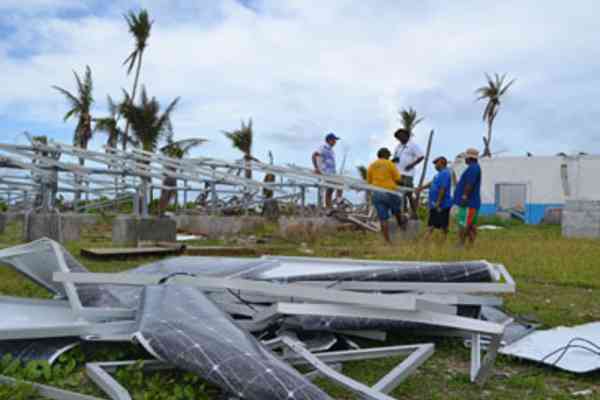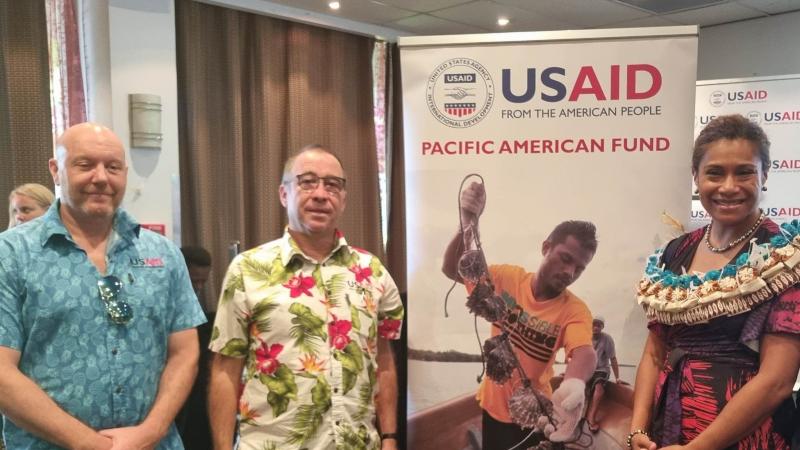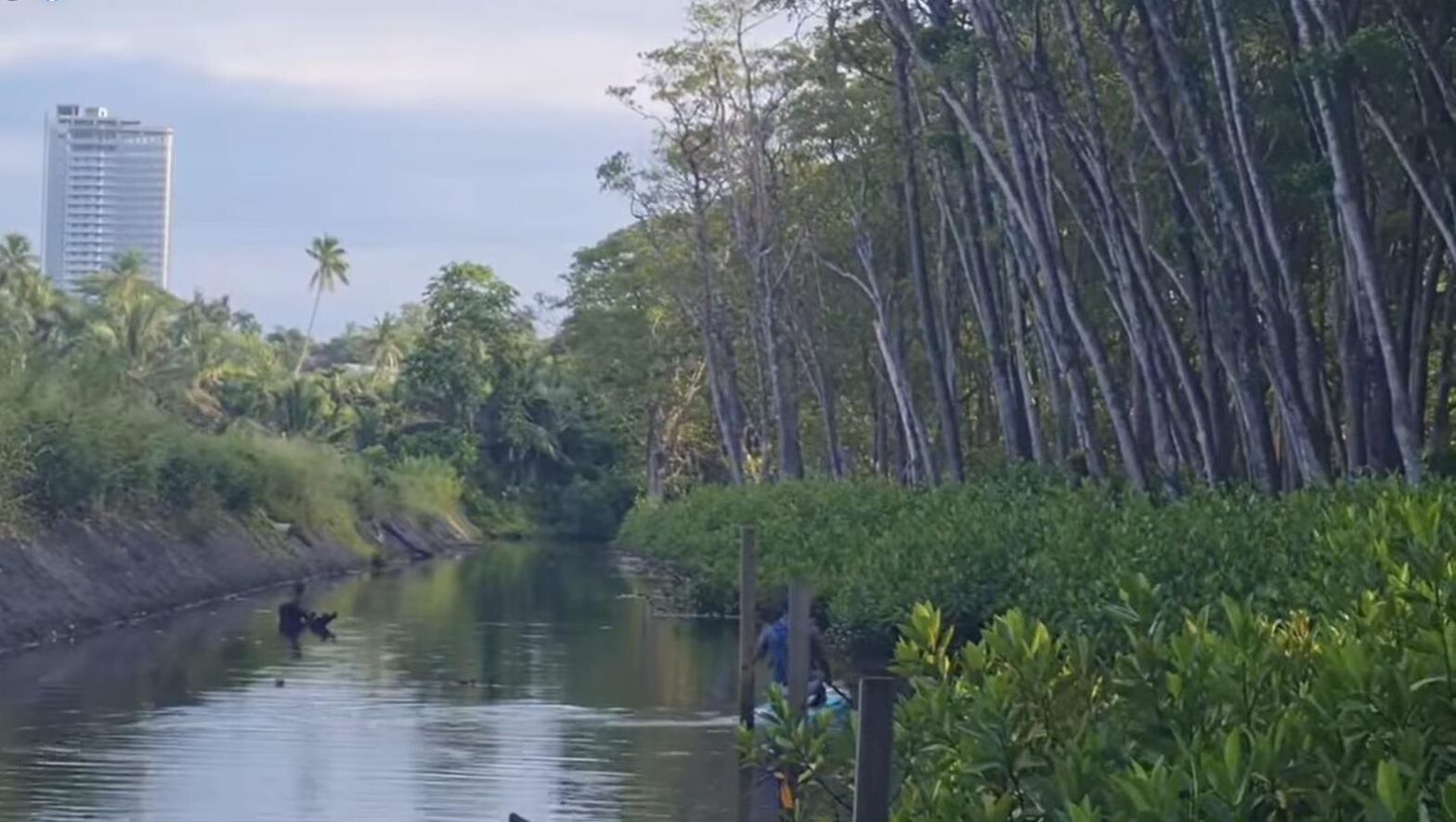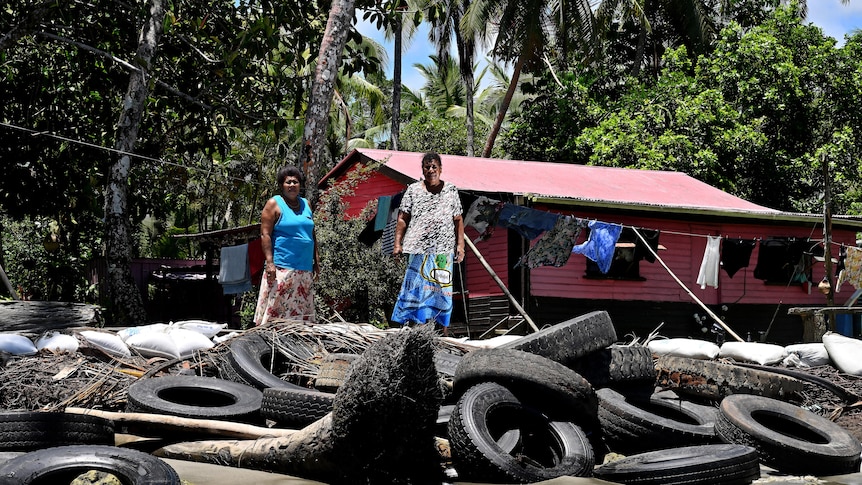Fiji’s Meteorological Service has been driving a significant shift to translate science into clear and understandable information for communities to protect their lives and livelihoods
Translating science into clear and understandable information for communities is a global challenge but it’s one that Fiji’s Meteorological Service (FMS) has been driving a significant shift in over the past four years.
In recent years, the Fiji Meteorological Service has pivoted its strategic communications approach including using social media and redesigning its weather information packages into simple, focused templates to improve understanding from the public. During this time social media platforms for Fiji MET have grown exponentially with Facebook now reaching 135,000 followers on Facebook, built from just a few hundred followers 5 years ago.
This work has been led by Fiji MET Service and through a request, the Pacific Community’s (SPC) Geoscience, Energy and Maritime Division has provided technical support, mentorship, and training since 2020 alongside the FMS team. This has included field missions to connect with communities and to understand the gaps and success in communicating weather information, training on digital communications, the redevelopment of Fiji MET Services brand online and the development of an FMS communications strategy.
The work has been led by the leadership within the Fiji MET Service after recognising the need to improve the translation of technical information for communities including ocean outlooks, sugarcane outlooks for farmers, flood information and flash flood mapping that is easier to understand and the inclusion of community actively in the development of messages and information.
As part of this work, the Fiji MET Service presented its approach at the Asia-Pacific Ministerial Conference on Disaster Risk Reduction in Australia to increase the engagement and understanding of the importance of translating science into action.
Acting Director of Fiji MET Service Terry Atalifo and Media Liaison Officer, Ana Degei jointly presented on how Fiji MET Service is using this understanding to drive a change at national and community levels.
“We really have taken this opportunity over recent years and recognised the need as the region and Fiji continues to face significant weather events. Ensuring communities get the information directly and clearly and it explains what communities should do to protect their lives and livelihoods is at the forefront of our work here at Fiji MET Service for the past few years. This is a priority for our people,” Acting Director Atalifo said.
The value of the change this is having is already evident within the Fiji MET Service team with senior officers also supporting this work directly.
“When I started off, all communication was done from a meteorological point of view. We do it, those who are on the bench. These are all technical people, scientific people and most of the jargon goes into what they say to the public and sometimes there is also confusion. Some of the things that we try to put out to the general public are not well understood although we thought it’s very important.” Stephen Meke, Senior Scientific Officer and Lead for the FMS Forecasting team.
For SPC, this partnership ensures holistic support to drive science to action, but it is led through the dynamic leadership approach of the Fiji MET Service and its commitment to improving access to impact-based weather information at all community levels.
This work is a partnership model with Fiji MET Service; the Pacific Community (SPC); and the Australian Government (DFAT) through its Climate and Oceans Support Programme in the Pacific (COSPPac).
This story was originally published at SPC on 07 February 2023, reposted via PACNEWS.




